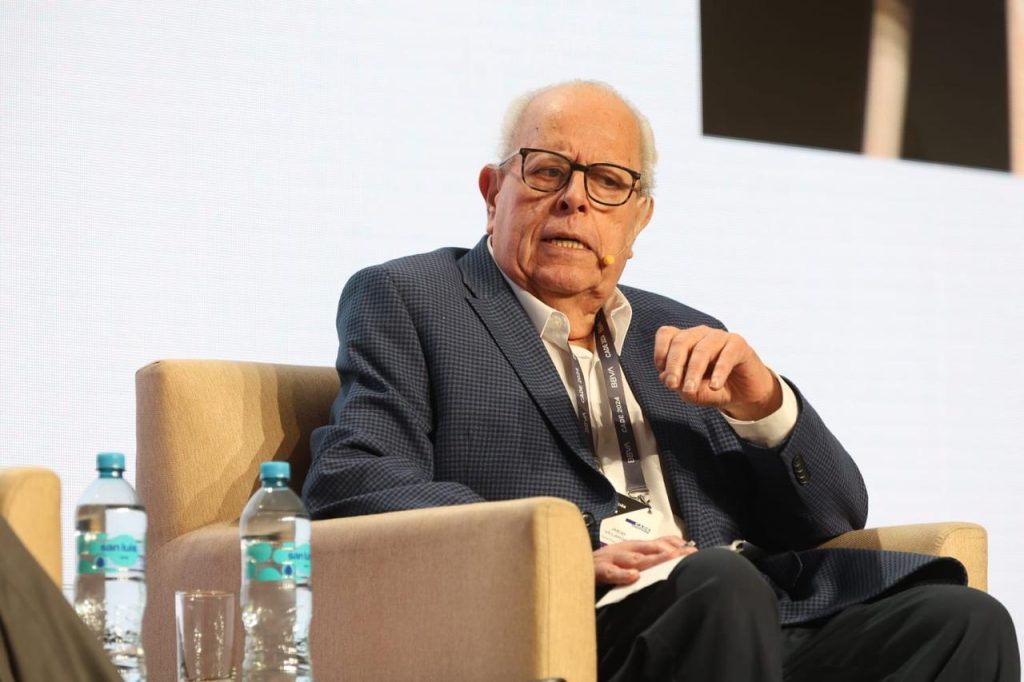FILE – Facade of a Chinese business recently opened in Nicaragua within the framework of the Free Trade Agreement between Managua and Beijing. VOA
PhotoVOA
The trade agreement between China and Nicaragua completed its first year of implementation this January 1. Despite its implementation, the US continues to be in first place in export and import operations with the Central American country.
Martha, owner of a business in the Roberto Huembes market, located in Managua, the capital of Nicaragua, complains that her sales at the end of the year have decreased. He says that in recent months a large number of Chinese businesses have set up shop around his store with all kinds of products at lower prices. “Imagine that they have come to lower my prices, it’s unfair,” says the woman who prefers not to be identified by her full name for fear that her establishment will be closed.
This January 1 marked the first year since the Free Trade Agreement with China came into effect, signed months after the breaking relations with its former ally Taiwan.
Since the entry into force of this trade agreement, at least 400 new Chinese businesses have been established in Nicaragua in recent months, according to data provided by Jorge González, president of the Nicaraguan Merchants Association. Several merchants have expressed their disagreement under anonymity, alleging unfair competition since they lower prices in relation to Nicaraguan businesses.
Evan Ellis, professor at the US Army War College and specialist in Latin American affairs, told the Voice of America that the increase in Chinese stores “is a phenomenon that occurs in other Latin American countries where there are complaints of unfair competition” and considers that there is no evidence of a growth in exports that benefits Nicaraguans” as was believed with the entry into validity of the Free Trade Agreement in January 2024.
“This increase in Nicaraguan exports to China has not increased much and has not reached what was expected,” says Ellis.
“What has increased significantly is the import of Chinese products and the penetration by supermarkets and Chinese agents throughout the country is noticeable,” added the analyst.
Manuel Orozco, director of the Migration, Remittances and Development program of the Inter-American Dialogue, based in Washington, estimates that in 2024 imports from China represented 15%, while exports barely 1%, well below a 54% from the United States.
In his opinion, on an economic level the treaty with China “has not changed much” in Nicaragua, the second poorest country on the American continent.
“The Chinese presence only increased the debt formally but there have been no disbursements. Trade has not grown as presented, it continues in the same trend. It must be kept in mind that the United States is the main fuel supplier for Nicaragua, more than 40% of imports with the United States is fuel/oil. China cannot offer what the United States sells,” said Orozco.
The government of Daniel Ortega has extolled the treaty with the Asian giant that could generate wealth for the country.
The US remains far above China
Manuel Orozco believes that China will never replace the US market “because there is no sense of costs and experience in promotion.”
Since 2006, Nicaragua has also maintained a Free Trade Agreement, called CAFTA by its acronym in English. Under this treaty, Nicaragua obtains prices with special tariffs.
Connect with the Voice of America! Subscribe to our channels YouTube, WhatsApp and to newsletter. Turn on notifications and follow us on Facebook, x and instagram.
















